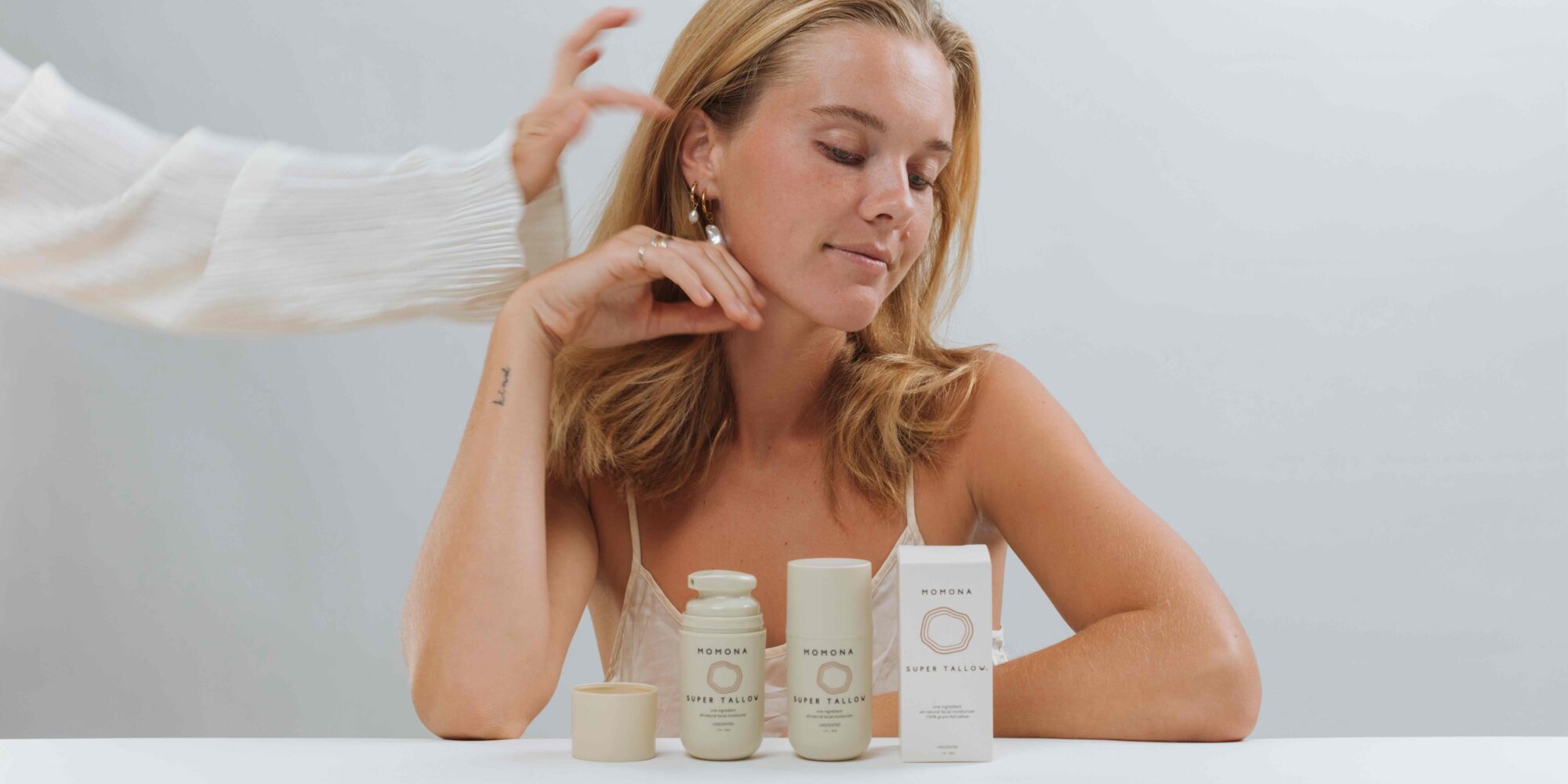
From A Vegamour Alum, Pro Surfer And Influencer, Momona Skincare Is Taking Tallow High-End
Momona Skincare is out to be the first direct-to-consumer brand to make tallow a luxury skincare staple.
Launching today, it’s the brainchild of husband-and-wife duo professional surfer Slater and influencer Stacie Trout and Tyler Miller, a former analyst at investment bank Intrepid and director of strategic finance at haircare brand Vegamour. The brand is starting with a single product, Super Tallow, an all-natural unscented face moisturizer.
Former vegans, Momona’s co-founders sourced tallow solely from grass-fed, pasture-raised cows and worked to ensure the brand’s face moisturizer is silkier than its often crunchy granola tallow balm predecessors. Momona leverages a proprietary process to remove the “beefy” scent characterizing many of those predecessor products and ditches references to “beef” entirely in keeping with its high-end positioning.
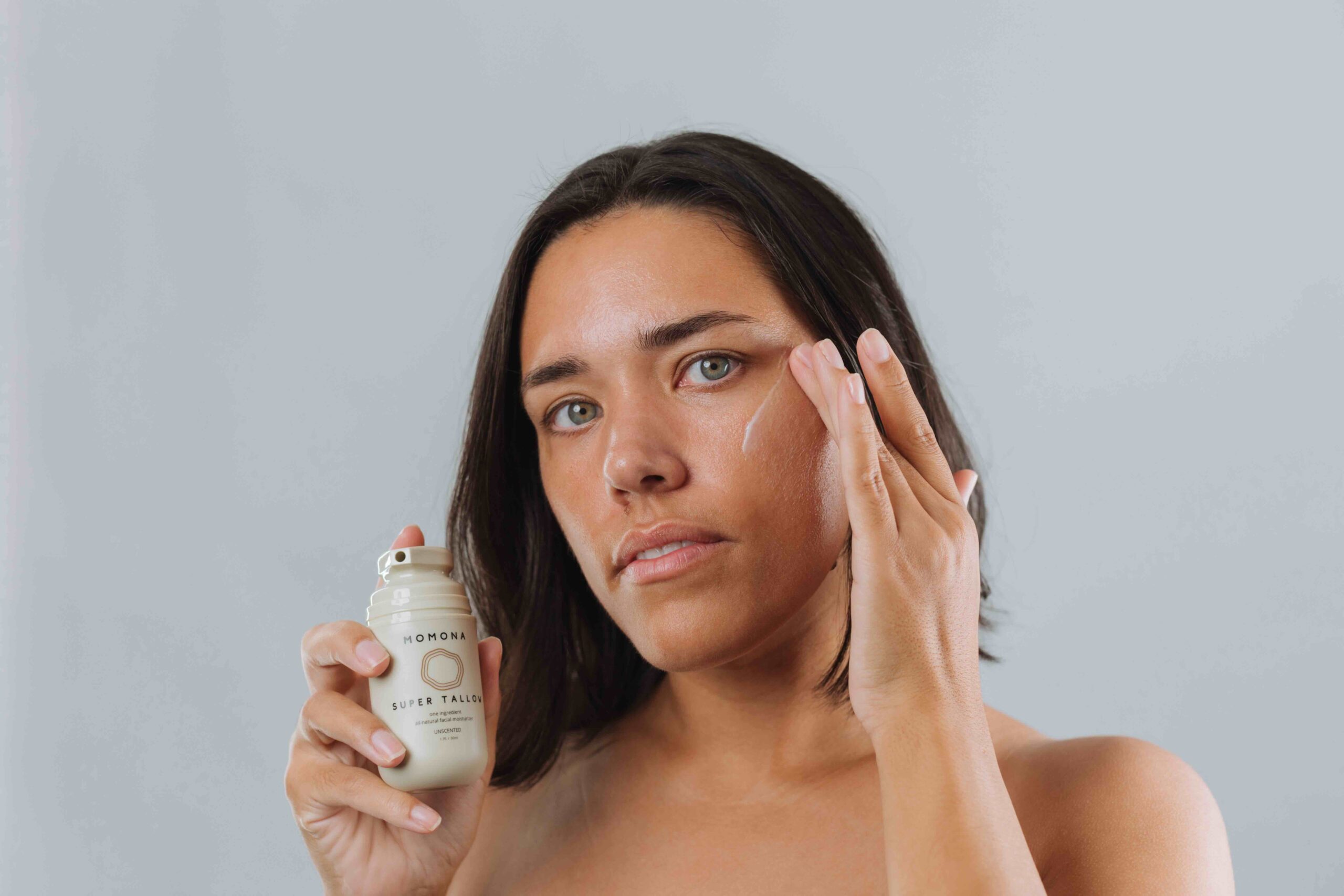
Super Tallow is housed in an airless pump bottle rather than a jar for a more elevated user experience. It’s priced at $48 compared to homemade Etsy versions of tallow balm priced typically at less than $20 and versions from name-brand competitors priced at around $30.
Stacie Trout initially encountered tallow skincare on Etsy, where she purchased products to address her stubborn acne. However, Momona has no plans to be on the platform or in grocers and big-box chains for the foreseeable future. Miller says, “We want to bring Super Tallow to the forefront of skincare and prove that it can compete in the luxury segment.”
Tallow is a rendered form of animal fat rich in vitamins A, D, E and K. It’s less studied than plant-based fats like squalane, sunflower seed and coconut oil, but existing research supports its moisturizing effects on skin. While the academic jury is out on Tik Tok-touted benefits like clearing acne and anti-aging effects, its popularity in beauty products is rising as consumers increasingly recognize the role of a healthy, moisturized skin barrier in protecting against skin maladies.
“We want to bring Super Tallow to the forefront of skincare and prove that it can compete in the luxury segment.”
Interest in the term “beef tallow balm” has skyrocketed in the past five years, with Google search volume for it jumping 100% from practically zero in 2019. Primally Pure has been raising awareness of tallow’s virtues in skincare with bold advertising featuring the tagline, “Beef fat on your face makes you hotter.” Fatco has offered grass-fed tallow-containing products in the grocery and DTC channel for a decade, and other natural lines sell tallow balm as one of several products.
Tallow’s swelling popularity at the moment is, of course, helpful to Momona, but Trout emphasizes it isn’t just a viral ingredient. “Tallow has been around for thousands of years, used for everything from haircare to skincare to cooking,” she says. “Whether we crush it with Momona or not, it’s going to be around for another thousand years.”
To erect a brand with longevity befitting its hero ingredient, Momona is taking a page out of Vegamour’s playbook. Once the province of unsexy, even embarrassing brands like Rogaine, Vegamour, which received $80 million from investment firm General Atlantic in 2021, propelled the hair growth category to prestige status with luxe packaging, upscale branding and A-list celebrity supporters (Nicole Kidman is an investor in and ambassador for the brand). Miller says, “When I joined, Vegamour was a scrappy startup and, within just a few short years, we hit the nine-figure revenue mark—exceeded that, actually.”

Miller’s main takeaway from his tenure at Vegamour is the importance of customer relationships. “Businesses that are able to speak directly to their customers in a way that’s authentic to them always end up having stronger financials,” says Miller. “It really is a win-win when you can provide more value to the customer’s life and more value to the business. That’s what we’re striving to do at Momona.”
The brand’s DTC approach stems from its goal of speaking directly to customers. Miller mentions it’s not hopping on Amazon right away along with steering clear of retail at the outset. He says, “There’s this feedback loop with digitally native brands that you really can’t get anywhere else.”
Momona’s co-founders aren’t plotting to follow the DTC strategy of boosting sales with a battery of digital ads. “Other brands raise a bunch of money, pour it into social ad spend and sort of bribe people to buy their products with excessive discounts,” says Miller, noting Momona doesn’t anticipate seeking outside funding until it’s cemented product-market fit. “If our product is not resonating with our customers, we want to know that. We don’t want to convince them to buy because it’s 40% off or buy one get one free.”
“The big mistake great brands avoid is overextending themselves. We would rather do fewer things well.”
Momona feted its launch with an influencer dinner in Malibu and conducted a photoshoot in Maui to feed content. It’s drumming up buzz by doing podcasts and seeding product to 20 influencers. “We didn’t give them any guidance,” says Miller. “We just said, ‘Please give us your genuine feedback, and feel free to share it if you’d like.’”
Given Miller’s background as a sell-side investment banker for beauty brands seeking investment or exiting, it comes as little surprise that nearly every facet of the brand seems optimized for efficiency. Website creation and management, creative direction, marketing, billing and fulfillment are managed in-house. Miller says the rationale for that is “not only to build a stronger margin profile, but because we’ll be able to serve our customers better.”
Momona hopes to add “surprise and delight” elements to customer orders, and it might not be able to coordinate those elements if shipments are packed by a third party. “In prior roles, I’ve run into issues where the team comes up with a certain promotion or marketing plan that’s going to genuinely get a customer excited, but you might not be able to execute that because the 3PL has per-touch fees and pick-and-pack fees that are prohibitive from a cost perspective,” says Miller. “These things can add up really quickly.”

Momona’s co-founders expect to grow the brand steadily and expand its product assortment based on customer input. “The dream a year from now would be having, beyond a shadow of a doubt, achieved product-market fit, having a core group of consumers that are advocates for Momona, to have one or two more products on the market and to potentially be eyeing another distribution channel,” says Miller. “The big mistake great brands avoid is overextending themselves. We would rather do fewer things well.”

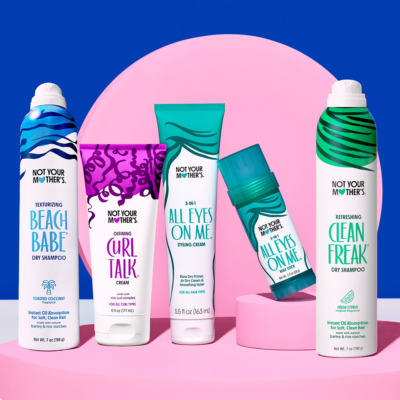
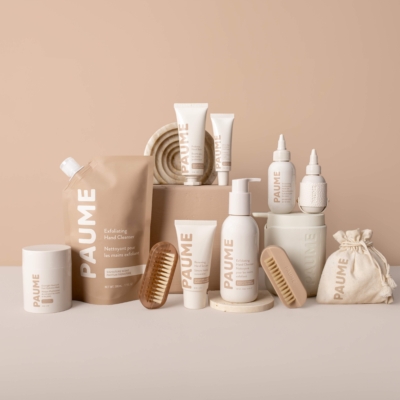
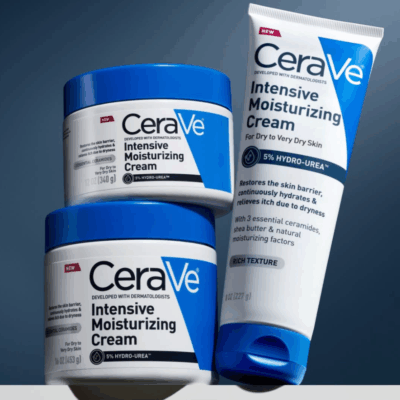
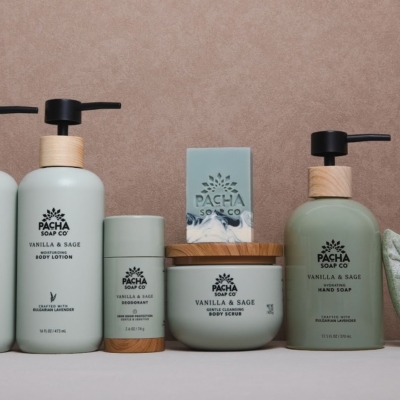
Leave a Reply
You must be logged in to post a comment.